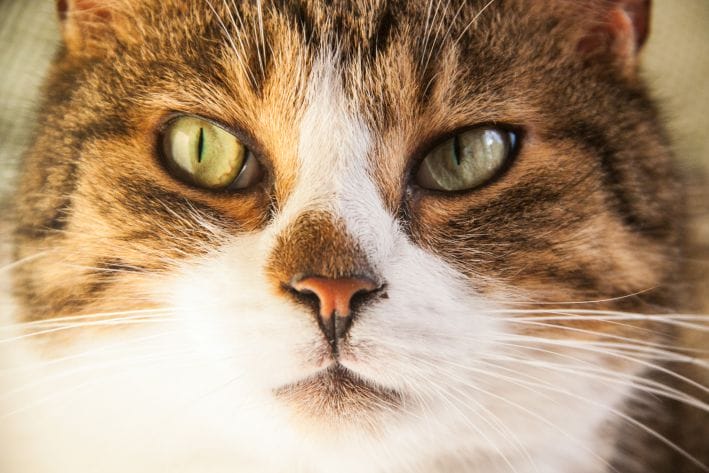You changed the food, and the cat suddenly started to shit in your slippers? This is not revenge - it is a cry for help.
A Royal Canin study found that 89% of cases of "vindictive" behavior are related to discomfort with food, rather than resentment towards the owner.
Let's take a look at how dry food turns into a torture device for your pet.

Myth #1: “She boycotts food out of spite.”
Refusal to eat is the first symptom of problems. For example, when there is a toothache, chewing granules becomes torture. Veterinary dentist Igor Morozov explains:
"A cat with gingivitis will starve, but will not touch dry food. However, it will eat wet pate with appetite."
Another enemy is rancid fat in food. A cat can smell it a mile away: its sense of smell is 14 times sharper than yours.
Myth #2: “She only chooses expensive food – she’s spoiled!”
It's not about the price, but about the composition. After a change in the recipe, even premium food can cause rejection.
Example: The ProPlan brand added alfalfa to the Delicate line in 2023, which triggered a wave of food refusals. The owner of the cat Barsik from Moscow complained:
"The food smells like grass, he buries it, like in a litter box."
Myth #3: “He takes revenge for cheap food by demanding steak.”
In fact, a cat may suffer from allergies. For example, chicken protein, which is added even to budget feeds, is a frequent trigger of dermatitis.
The story of Musya the cat: after switching to Royal Canin , her fur fell out, and tests revealed an allergy to chicken. The owners bought hypoallergenic food, but she refused - a negative association worked.
What manufacturers are hiding
— Trap flavors . Cheap foods contain flavor enhancers that cause addiction. The cat requires only them, ignoring healthy food.
— Hidden threats . Plastic bowls accumulate bacteria, giving the food a moldy smell. Purina research has proven that 40% of cats refuse to eat plastic, preferring ceramic.
— Age-related changes . After 7 years, cats' sense of smell weakens. They do not smell the granules, considering them "inedible".
How to regain your pet's trust
1. Check your health . Allergy tests, abdominal ultrasound and dental checkup are the first steps.
2. Experiment with textures . Some cats love crunchy kibble, while others prefer soft kibble.
3. Eliminate stress . Moving the bowl away from the litter box, purchasing a water fountain, or buying a Feliway pheromone diffuser can help.
Tikhon the cat from Omsk boycotted food for a month after moving. The owners replaced the bowl and put it in a quiet corner - his appetite returned in 10 days.
Conclusion
A cat's "revenge" is always an attempt at communication. Replace anger with an analysis of the reasons, and your pet will become your ally again.
As animal psychologist Linda Hall says:
"Cats don't know how to take revenge. They scream in a language we don't understand."








